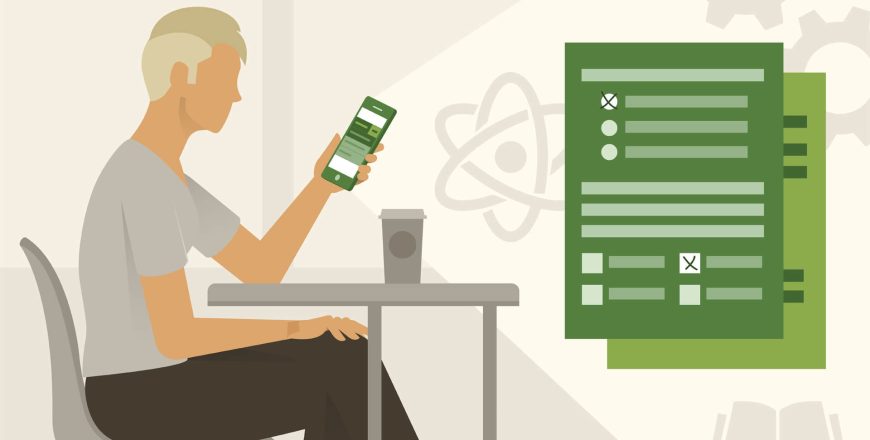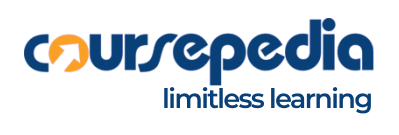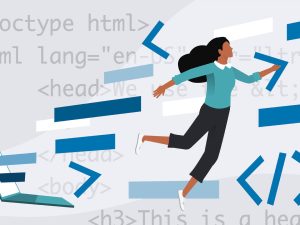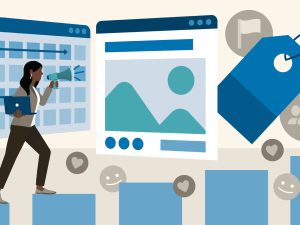
- Curriculum
- Reviews
SECTION 1: UNDERSTANDING THE PHYSICS OF LEARNING
SECTION 2: LEARNING TO LEARN – LIFELONG
SECTION 3: THE ART OF LEARNING
Stars 5
4
Stars 4
1
Stars 3
0
Stars 2
0
Stars 1
0




